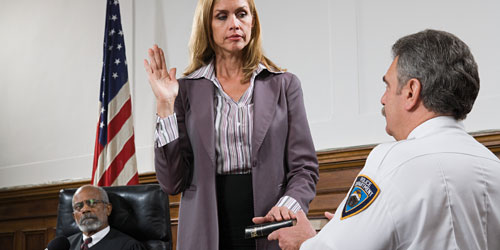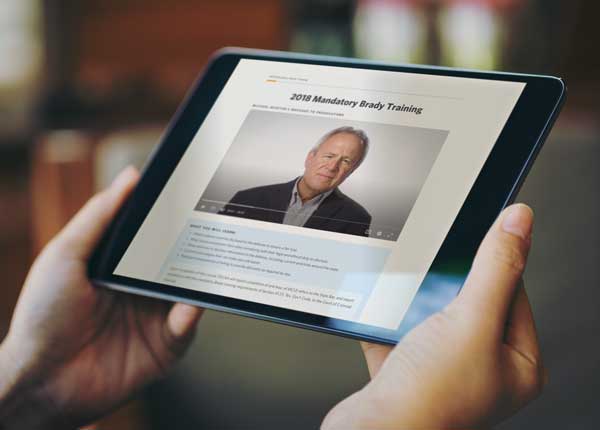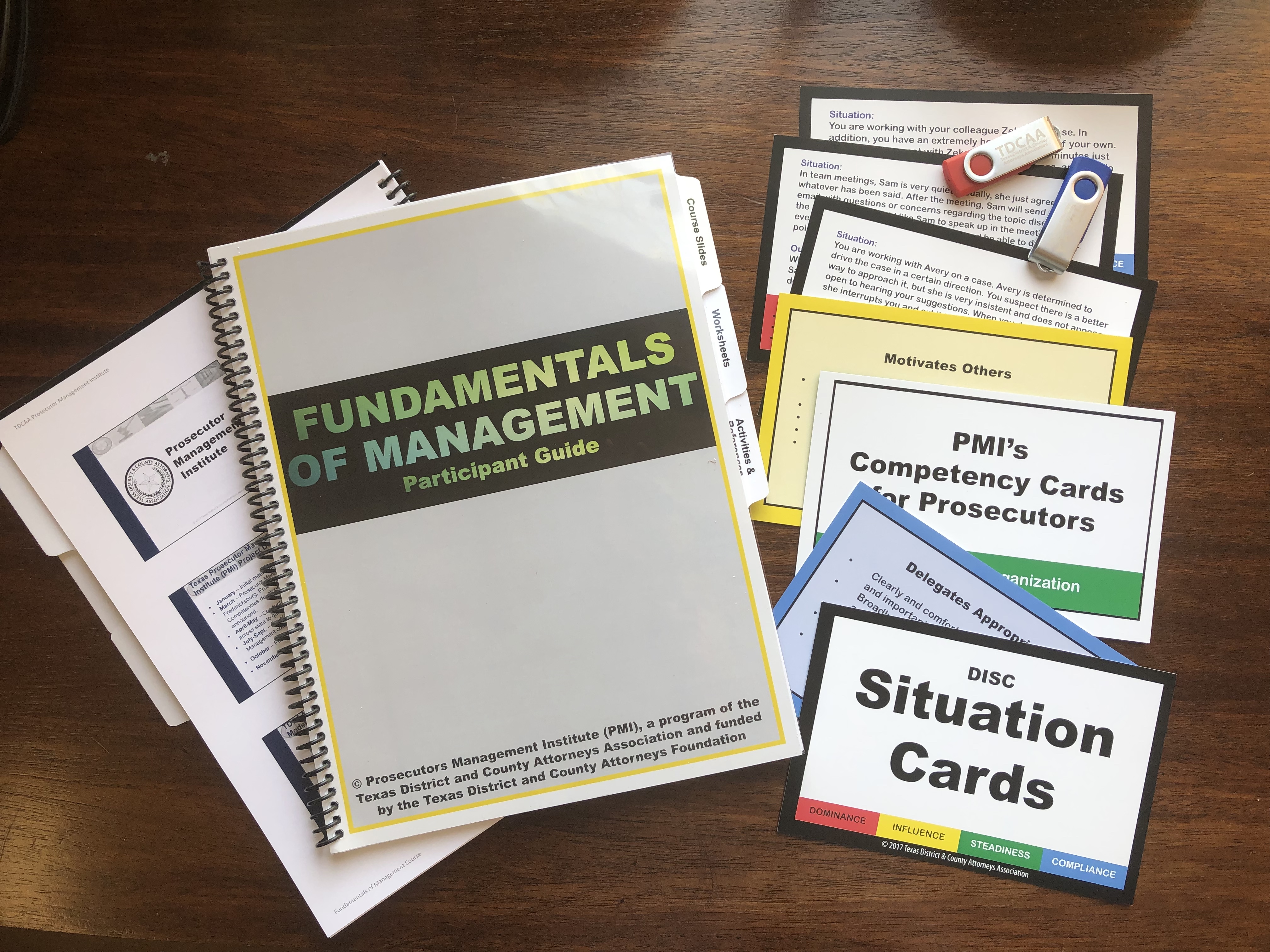The second extra inning at the legislature just ended. Many lawmakers started the Second Called Session thinking they had secured a home run ball, but it turned out they had to give that ball to an unhinged fan, otherwise known as the legislative process, as many of their own bills did not pass and bills they did not like did pass. It can be a cruel world in the outfield stands (and at the Texas Capitol).
Home runs
HB 16 by Representative Jeff Leach (R-Plano) is the Second Called Session’s omnibus judicial courts bill. It was vetoed after the Regular Session but is now on the Governor’s desk. It creates new courts, new district attorney offices, new punishment enhancements, and various other changes. Importantly, the bill includes a new reporting requirement for local prosecutors regarding some bail provisions and resources for prosecutors to carry out their work.
HB 20, the Disaster Scam Response Act, by Darby (R-San Angelo) creates new criminal offenses and enhances existing theft punishments. It focuses on “missing relative fraud” and situations where criminals fraudulently “volunteer” during disasters to steal from victims. This bill is on the Governor’s desk.
SB 11 by Parker (R-Flower Mound) creates an affirmative defense to prosecution for certain victims of human trafficking and compelling prostitution. This bill was vetoed by the Governor in the Regular Session for being too broad; the new version is narrower but also more complicated. This bill is on the Governor’s desk.
SB 12 by Hughes (R-Mineola) gives the Office of the Attorney General (OAG) the authority to unilaterally prosecute Election Code crimes. The bill does not solve the constitutional issue highlighted by the Court of Criminal Appeals’ Stephens opinion, but proponents of the bill appear to be banking on a different court makeup to take care of that thorny problem. This bill is on the Governor’s desk.
SB 16 by West (D-Dallas) creates new criminal offenses for Real Property Theft and Real Property Fraud (also known as title theft or deed fraud). This bill is on the Governor’s desk
These bills will go into effect 91 days from the last day of the legislative session, which we calculate to be December 4, 2025 barring any Governor vetoes. We will send out a newsletter sharing that information and post a supplement to our Legislative Update book on the TDCAA website.
Strikeouts
HJR 1 by Matt Shaheen (R-Plano) proposed a constitutional amendment granting the OAG concurrent jurisdiction with each county or district attorney to prosecute election crimes. This proposed HJR demonstrated that lawmakers understood that the constitution must be amended to give the Texas Attorney General prosecutorial powers; it was an attempt to supersede the Stephens opinion regarding separation of powers. But HJR 1 fell short of the required two-thirds vote from the entire House and is dead for now.
SB 2 by Perry (R-Lubbock) addressed issues that arose during this summer’s tragic floods in Central Texas. One of the many things the bill sought to do was authorize a justice of the peace (JP) to certify that an autopsy is not necessary during a natural disaster. The JP would have had to determine by clear and convincing evidence that the death was a result of injuries sustained from the natural disaster and not by an unlawful act. This bill is dead for now.
SB 13 by Mayes (R-Galveston) prohibited local governments from sending money to local associations that advocate on their behalf at the Texas Legislature, unlike any other private organizations or businesses in Texas. This bill could have directly affected TDCAA’s legislative efforts. The bill is dead for now, and the author is moving on from the Senate to run for AG.
HB 15 by Hefner (R-Mt. Pleasant) and SB 15 by King (R-Weatherford) required law enforcement agencies to create a “G-file” for their employees, which would consist of any unsubstantiated allegations and complaints that did not result in disciplinary actions. This file would have been subject to Code of Criminal Procedure Article 39.14 obligations but would not have been subject to open records laws. Substantiated misconduct complaints, commendations, awards, and periodic evaluations would have been part of the officers’ personnel files and would have still been subject to open records laws. This bill is dead for now but was a major priority for CLEAT; it will likely be back next legislative session.
What’s up with weed?
SB 6 by Perry (R-Lubbock) proposed an all-out ban on consumable THC products; it passed the Senate but never made it through the House. We never found out if the Governor would have vetoed this bill, which is a clone of the one he vetoed in the Regular Session. This means that the law on THC and THC consumables is the same as it was before the legislative session began. So, there is no change to report on Texas laws concerning THC. Glad we have that settled. …
… except that the Governor issued an executive order yesterday to ban the sale of hemp products to customers under the age of 21. Or did he? Far from being a unilateral act, this order directs the Department of State Health Services and the Alcoholic Beverage Commission to begin the rulemaking process that would prohibit the sale of hemp-derived products to minors, along with other changes. This process could take months, and we will update you on any changes that would affect how you do your jobs, though it is difficult to see how an administrative rule could mandate prosecution changes. But as we have seen with the Texas Legislature, nothing is impossible.
Legislative Update Courses
TDCAA developed the premier class that teaches new laws, new prosecutorial tools, and new issues that affect police, prosecutors, and anyone involved in criminal justice: our Legislative Update! You will come away from the 3-hour CLE class with a working knowledge of the new state of play in Texas. Registration for the class—whether online or in-person—includes a copy of our book, Legislative Update 2025–’27.
Click here for the online course.
Click here to sign up for one of our in-person courses.
Quotes
“Splendora PD: Always delivering results … just not the kind he ordered.”
—Splendora Police Department after arresting a man who tried to have Uber Eats deliver his methamphetamine. To complete the delivery, the suspect was told the Uber vehicle had broken down and directed him to pick up his delivery elsewhere. When he showed up, officers were waiting.
“Iryna Zarutska should still be alive. But Democrats, liberal judges, and weak prosecutors would rather push a woke, soft-on-crime agenda than lock up violent offenders.”
—White House Press Secretary Karoline Leavitt, discussing the murder of a woman on a North Carolina train by a career criminal.
“What we see today exists only because of a loophole that allows THC products to be sold openly—even next to schools—despite federal and state laws already on the books. Placing an age restriction does not fix this problem.”
—State Senator Charles Perry (R-Lubbock) responding to the Governor’s executive order restricting the sale of hemp-related products for minors.
“It’s about punishment and it’s about making sure that there’s not a financial gain by members who break quorum and their campaign, against getting hundreds of thousands if not millions of dollars of donations because they’re breaking quorum.”
—State Representative Matt Shaheen (R-Plano) arguing for his HB 18, which statutorily prohibits fundraising or spending out of campaign accounts or an associated committee while a member is breaking quorum during a call on the House. The bill passed and is on the Governor’s desk.



